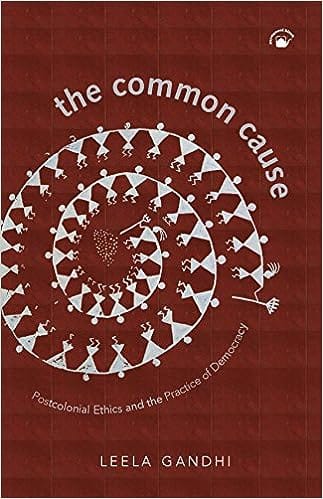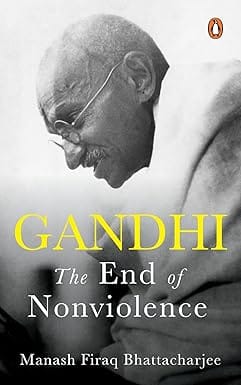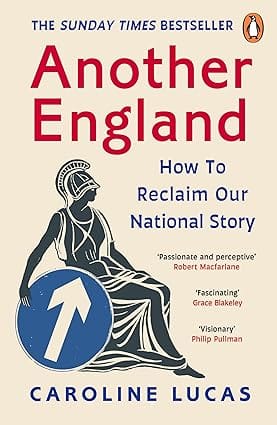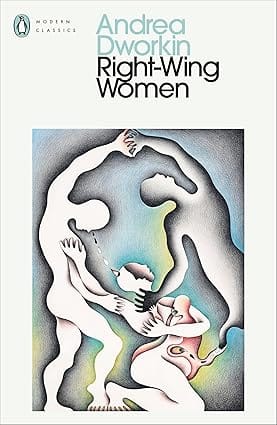- Contemporary Fiction
- Contemporary Fiction
- Children
- Children
- Comics & Graphic Novels
- Comics & Graphic Novels
- Non-Fiction
- Non-Fiction
- Fiction
- Fiction
Europeans and Americans tend to hold the opinion that democracy is a uniquely Western inheritance. In The Common Cause Leela Gandhi recovers stories of an alternative version. Using ethics as a lens, she describes a transnational history of democracy in the first half of the twentieth century.
She identifies a shared culture of perfectionism across imperialism, fascism, and liberalism — an ethic that excluded the ordinary and unexceptional. But she also illuminates an ethic of moral imperfectionism, a set of anticolonial and antifascist practices devoted to ordinariness and abnegation that ranged from doomed mutinies in the Indian military to Mahatma Gandhi’s spiritual discipline.
Reframing the way we think about some of the most consequential political events of the era, Leela Gandhi presents moral imperfectionism as the lost tradition of global democratic thought. She offers it to us as a key to democracy’s future. In doing so, she defends democracy as a shared art of living on the other side of perfection and mounts a postcolonial appeal for an ethics of becoming common.
About the Author
The Common Cause
SIZE GUIDE
- ISBN: 9788178244570
- Author: Leela Gandhi
- Publisher: Permanent Black
- Pages: 252
- Format: Paperback
Book Description
Europeans and Americans tend to hold the opinion that democracy is a uniquely Western inheritance. In The Common Cause Leela Gandhi recovers stories of an alternative version. Using ethics as a lens, she describes a transnational history of democracy in the first half of the twentieth century.
She identifies a shared culture of perfectionism across imperialism, fascism, and liberalism — an ethic that excluded the ordinary and unexceptional. But she also illuminates an ethic of moral imperfectionism, a set of anticolonial and antifascist practices devoted to ordinariness and abnegation that ranged from doomed mutinies in the Indian military to Mahatma Gandhi’s spiritual discipline.
Reframing the way we think about some of the most consequential political events of the era, Leela Gandhi presents moral imperfectionism as the lost tradition of global democratic thought. She offers it to us as a key to democracy’s future. In doing so, she defends democracy as a shared art of living on the other side of perfection and mounts a postcolonial appeal for an ethics of becoming common.
About the Author
User reviews
NEWSLETTER
Subscribe to get Email Updates!
Thanks for subscribing.
Your response has been recorded.

India's Iconic & Independent Book Store offering a vast selection of books across a variety of genres Since 1978.
"We Believe In The Power of Books" Our mission is to make books accessible to everyone, and to cultivate a culture of reading and learning. We strive to provide a wide range of books, from classic literature, sci-fi and fantasy, to graphic novels, biographies and self-help books, so that everyone can find something to read.
Whether you’re looking for your next great read, a gift for someone special, or just browsing, Midland is here to make your book-buying experience easy and enjoyable.
We are shipping pan India and across the world.
For Bulk Order / Corporate Gifting
 +91 9818282497 |
+91 9818282497 |  [email protected]
[email protected]
Click To Know More
INFORMATION
QUICK LINKS
ADDRESS
Shop No.20, Aurobindo Palace Market, Near Church, New Delhi














